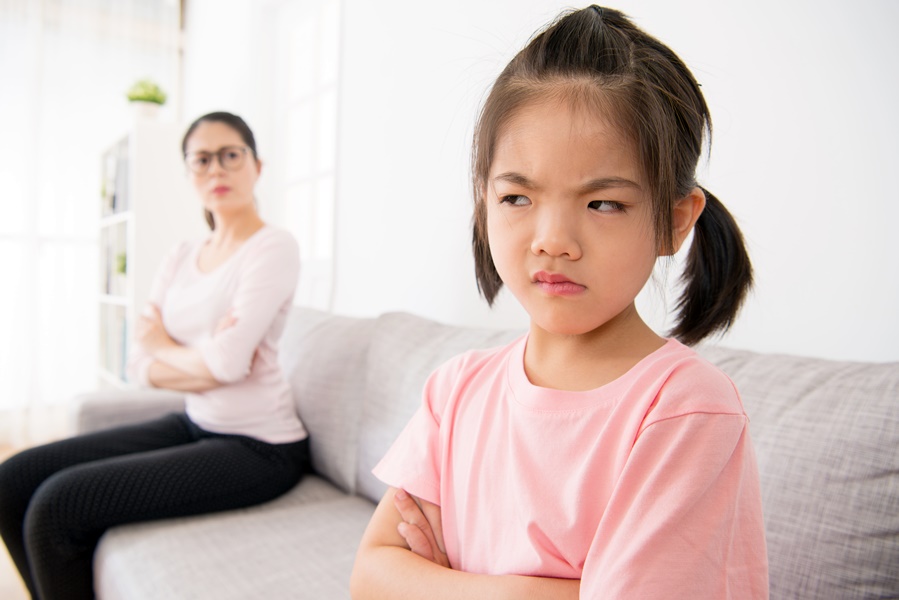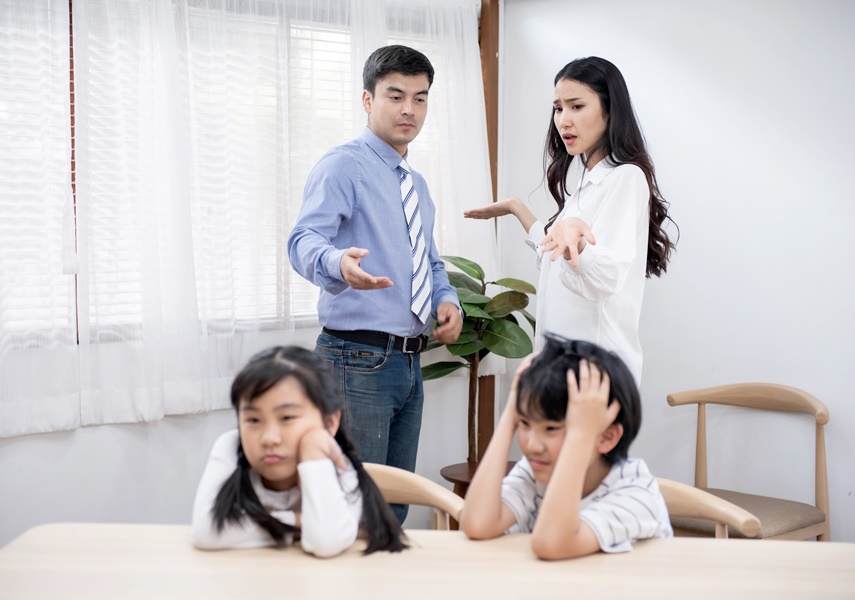
Source: Psychotherapist, Lee Wai Tong
The parents begin feeding the baby milk and gradually introduce paste from the time the baby is born. Then children can start to hold their own utensils and eat on their own, one bite at a time while watching them grow up. But when the children reach the age of 6 to 7, they will suddenly ask their parents to feed them. What is the reason for this? How can this be resolved?
Whenever children grow up, their parents are happy, especially when their children eat. In the past, they had to be fed by their parents, but later they learned to use utensils and eat by themselves, which was originally a very happy thing. However, many parents do not understand that when children can eat on their own, they begin to ask their parents to feed them. This is because the intimacy of parental feeding feels good and may make children want to be fed.

When children are young, it is fun for parents to feed them, but when children grow up, it is a headache for parents if they still want to be fed halfway through a meal. We don’t want to spoil the atmosphere of the meal because of the feeding problem, so we need to learn that when children ask to be fed in the middle of a meal, we can solve the problem in the following ways:
Parents can say to their children, “If you take two more bites of rice, mommy and daddy will start feeding.” The next time the same thing happens, say, “If you eat three more bites, mommy and daddy will start feeding,” gradually shorten the time of parental feeding, and gradually extend the time of children eating on their own. Later on, there is a chance to finally just feed him a bite to maintain the intimacy of the parent-child relationship but also to make the eating atmosphere more interesting.



